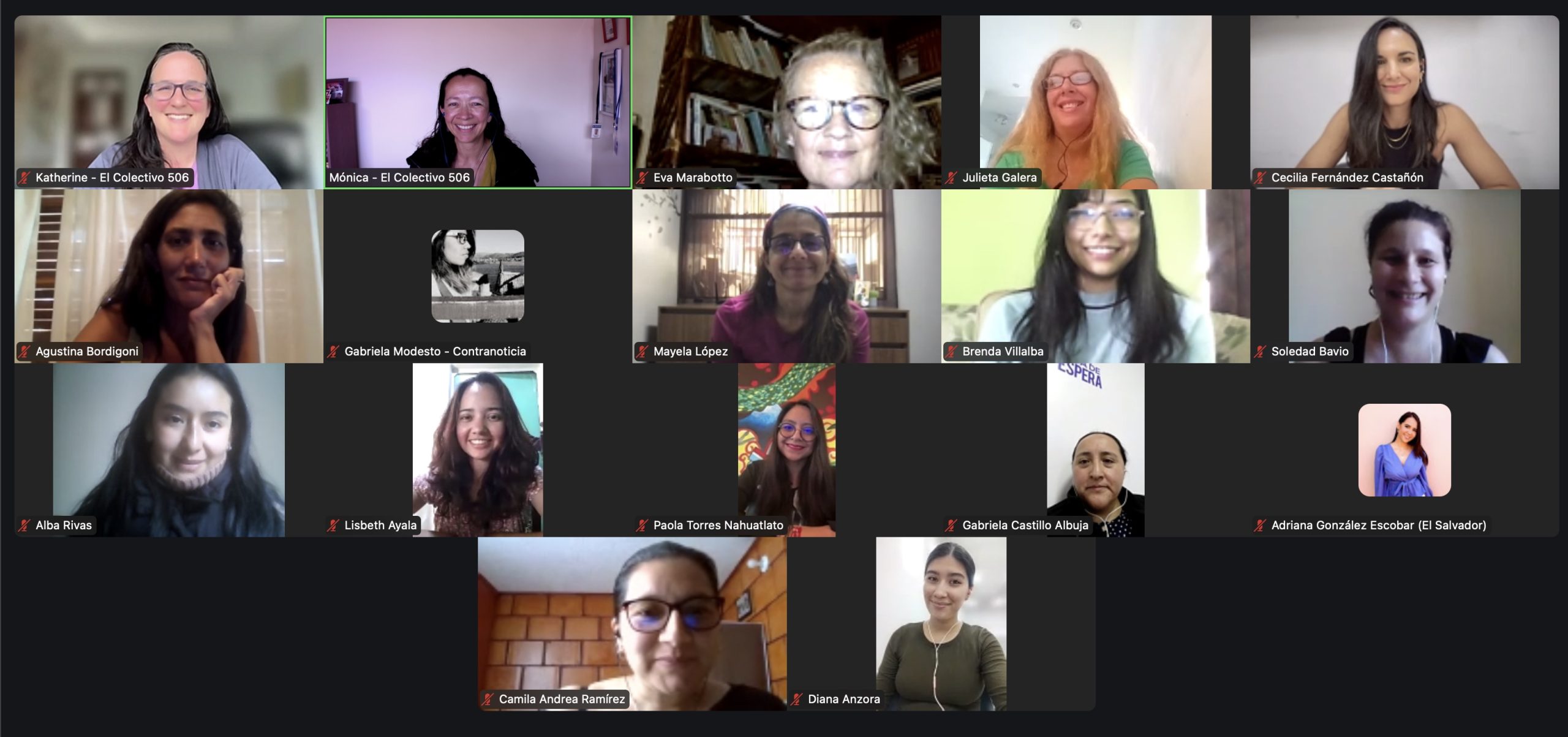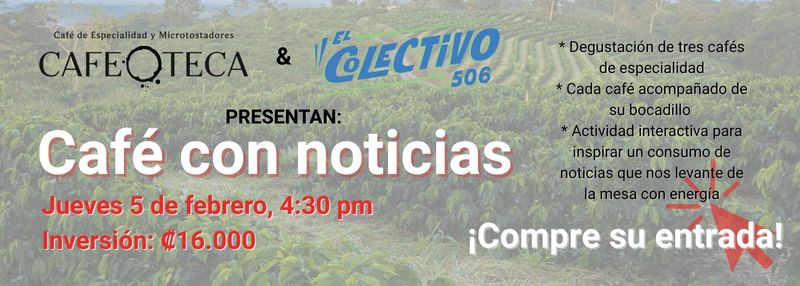We are thrilled to share the results of the second call for the Latin American Solutions Journalism Fund, an initiative of El Colectivo 506. We thank the 30 journalists in Argentina, Bolivia, Brazil, Colombia, Costa Rica, Ecuador, El Salvador, Mexico, and Peru who proposed stories about responses to gender inequity. Our project is now awarding reporting grants, training, and coaching to 14 projects developed by 17 journalists throughout Latin America.
Congratulations to the selected journalists:
 Adriana González (El Salvador) will report on a women-led community science program that carries out hydroclimatic monitoring, promoting the participation and empowerment of rural women in science and raising awareness about their contribution to emergency prevention. Adriana will create a series of videos, photo carousels and narrative texts for social networks that will be published at Proyecto Lava. |
|---|
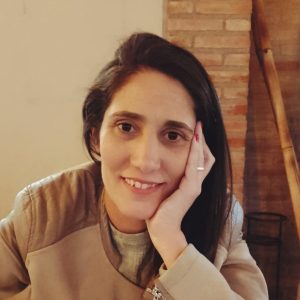 Agustina Bordigoni (Argentina) will report on the first secondary school in the world that was created to integrate transvestite, trans, and non-binary people into the formal education system. Her story will be published by PERFIL. |
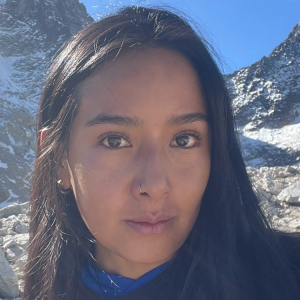 Alba Rosario Rivas Medina (Peru) will report on how a group of women participating in a national committee of civil society organizations are incorporating gender into public climate change policies in Peru. |
 Brenda Villalba Sánchez (Bolivia) will report on one of four community centers in Bolivia that protects the rights and safety of trans women. Brenda will create a longform story with audio and video elements. |
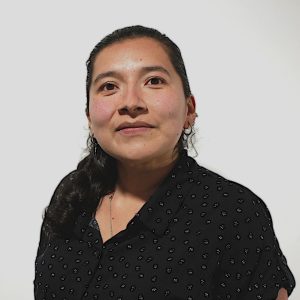 Camila Ramírez Vásquez (Colombia) will report on a municipal project in Bogotá that builds infrastructure and creates service programs for women caregivers in the city, supporting the integration of these women into the economy. Camila’s multimedia project will be published by El Turbión. |
 Diana Hernández Anzora and Lisbeth Ayala Vásquez (El Salvador) will report on a network of Salvadoran indigenous women that has raised awareness of, and reduced, gender violence. The network promotes the training and empowerment of community leaders and the care and support of victims. Diana and Lisbeth will create a series of micro-documentaries for YouTube. |
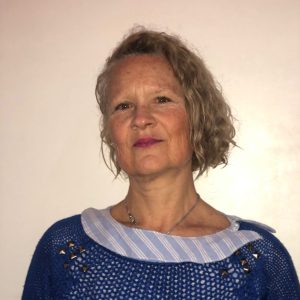 Eva María Marabotto (Argentina) will report on a training project for women carried out by a union so that they can enter the construction sector. It had an impact on the implementation of a quota for female participation in the construction of public works that already applies in the city of Salta, in northern Argentina and in other cities in the country. Eva will make a written report. |
 Gabriela Modesto, Graciela Tiburcio Loayza, and Lucero Ascarza (Peru) will create a multimedia report on a microcredit program for women in seven regions of Peru that allows them to start businesses and generate financial capabilities. |
 Julieta Galera (Argentina) will report on the impact of a national plan for the prevention of child and teen pregnancy. Julieta will write a longform piece that combines data with the stories of the ENIA Program’s political managers and health workers. |
 María Cecilia Fernández Castañón (Argentina) will write about the implementation of gender policies in public organizations that have highlighted and enhanced the role of women in small-scale agriculture. Cecilia’s piece will be published in Ambientenea. |
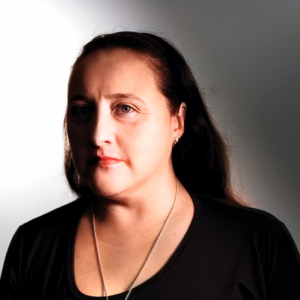 María Gabriela Castillo (Ecuador) will investigate a circular economy law that has improved the working, social and economic conditions of grassroots women recyclers. María Gabriela’s story will be published by Periodismo Público. |
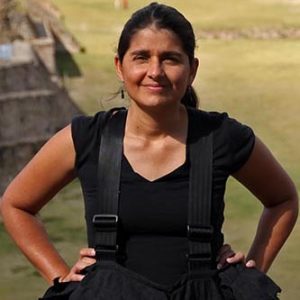 Mayela López Corrales (Costa Rica) will create a photo essay about a high school program in Costa Rica that promotes their participation in science. |
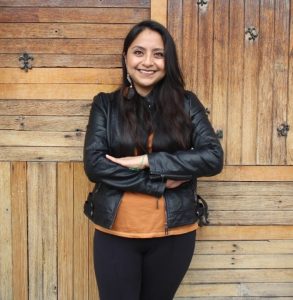 Paola Torres Nahuatlato (Mexico) will create a multimedia report on the implementation of sexual and reproductive education programs in the prison system of Tlaxcala, Mexico—and the impact of the programs not only on inmates, but also on the system itself. |
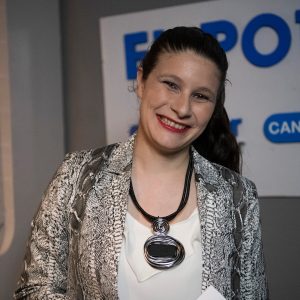 Soledad Bavio (Argentina) will write about a program that began in Brazil in 2002 to create spaces for conversation between adolescents and young men about masculinity, which has since been replicated in 20 countries. |
During the months of March and April, as the journalists work on their stories they will receive mentoring and training from El Colectivo 506 and SJN. The stories will be published in May by the media organizations selected by the participants, and republished in Spanish and English by El Colectivo 506.
Twelve of the proposals selected in this call will be funded by the Solutions Journalism Network (SJN), thanks to a donation from the Hewlett Foundation. Our Fund for Solutions Journalism in Latin America will finance two more proposals, thanks to previous donations. (Would you like to donate to the Fund so we can support more people during this critical time for democracy and journalism? You can contribute here, or contact us, [email protected], for more information.)
The jury that selected the proposals was made up of the co-founders of El Colectivo 506, Katherine Stanley Obando and Mónica Quesada Cordero, and the co-founder of the Solutions Journalism Network (USA), Tina Rosenberg. In a first round of selection, which does not include any information about the identity of the applicant, evaluation criteria were based on how well the proposals included sufficient information about an existing response to the problem of gender inequity by presenting information from that response as established by the four pillars of Solutions Journalism. In the second round, jurors assessed each applicant’s capacity based on prior work samples.


